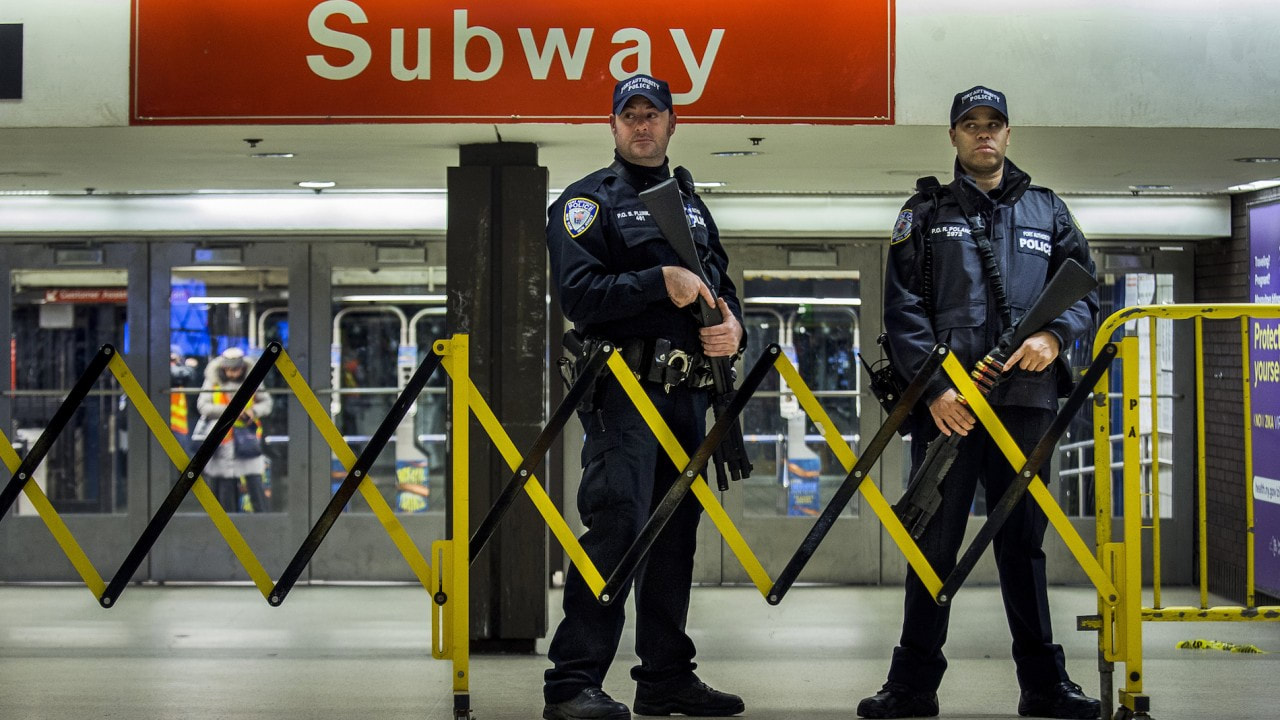|
Journalists have a responsibility to report their sources’ information as accurately as possible. But what should they do when that information could foster faulty reasoning about important issues?
That’s a question the coverage of the White House’s response to the New York City subway attack raised for us. After the incident, Press Secretary Sarah Huckabee Sanders held a White House press briefing, in which she said: If [President Trump’s immigration] policy had been in place, then that attacker [Akayed Ullah] would not have been allowed to come in the country. That’s why the President has pushed for not one part of immigration policy, but a responsible and total immigration reform. And that’s why we have to look at all sectors and do what we can to make sure we’re doing everything within our power to protect the American people. Sanders’ conditional (if… then) statement on so-called “chain migration” and the New York City attack is questionable. Here are some different ways to look at it, as well as how the four news outlets we analyzed handled it. Time travel Politico pointed out the obvious by following Sander’s statement with, “even though the suspect came to the U.S. six years before Trump took office.” How would Trump putting his policy in place in 2017 have blocked Ullah, who moved to the U.S. in 2011? Your guess is as good as ours. Oversimplification This point may be less obvious, but it’s the most important. At face value, Sanders’ statement may oversimplify the issues at hand. It assumes Ullah’s immigration history or status is the cause of the attack, when it may have actually been caused by a number of factors. CNN was the only outlet of the four that hinted at this, writing: The White House offered no evidence about where the suspect was radicalized… Sanders could not answer a follow-up question about whether the individual had been radicalized in the United States in the years he’s lived here, as have recent terrorist attackers in the US who were not natural born citizens. While CNN didn’t directly say the statement is questionable, it did invite readers to consider whether other factors may have contributed to Ullah’s staging Monday’s attack. Obscuring or missing the point Fox News and Breitbart were the two most biased articles (71 and 61 percent slanted, respectively) because they offered no alternate perspectives to Sanders’. CNN, by contrast, was the least slanted of the four, receiving a better score of 17 percent slanted. Fox News and Breitbart may discourage people from questioning the validity of Sanders’ statements, because they don’t question it either. While Politico did raise the question noted above, its coverage seemed to focus more on Sanders’ supposed “blaming” of congressional Democrats for blocking Trump’s changes to immigration policy — a point the outlet made in its lead sentence. Politico may have missed the point in that focusing on blame also distracts from questioning the White House’s statements. Politico could have, for example, questioned why this attack specifically “underscores the need for Congress to work with the president on immigration reforms that enhance our national security and public safety,” as Sanders told reporters. Premises and questions The truth of the matter is we don’t know how Sanders got from “if” to “then” in her statement. Without better understanding the premises that connect the two, we can’t thoroughly evaluate how valid it is. And this is part of the issue, because as readers we must accept the statement as true (unless we question it), or we must fill in the blanks using our personal understandings and biases. Thankfully, logical reasoning provides a framework to begin examining such statements. Here are a few questions to start. What other questions can you think of?
Comments are closed.
|
Jens Erik GouldJens is a political, business and entertainment writer and editor who has reported from a dozen countries for media outlets including The New York Times, National Public Radio and Bloomberg News Archives
February 2018
Categories
All
|

 RSS Feed
RSS Feed